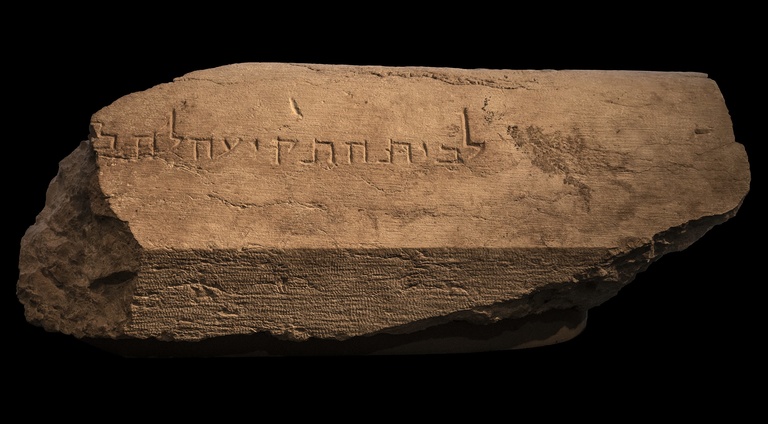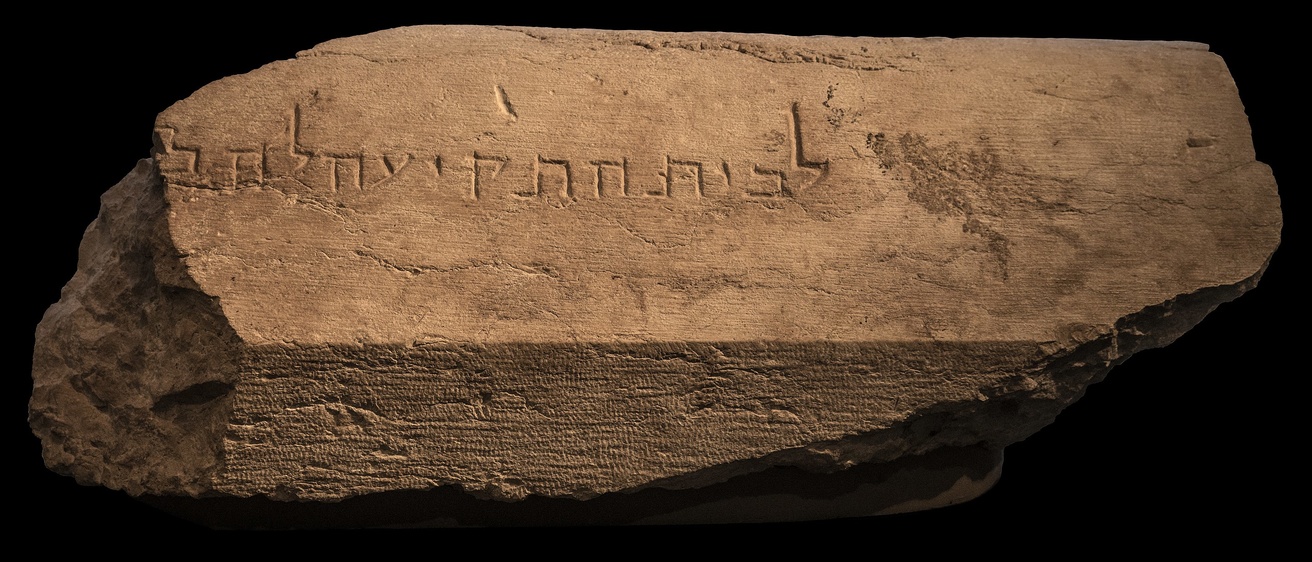
Does the Sabbath begin on Saturday or Sunday? Technically, both are wrong. The Jewish Sabbath actually begins on Friday evening according to our modern calendars. Let me explain.
While Jews recognize the last day of the week—Saturday by our modern calendars—to be the Sabbath day, as prescribed by Exodus 20:8–11 and Deuteronomy 5:12–15, many Christians understand this "day of rest and worship" to be the first day of the week—Sunday—as the gospels record that it is Sunday that Jesus resurrected from the dead (cf. Matthew 28:1; Mark 16:2, 9; Luke 24:1; John 20:1), and, according to Acts 20:7, the day that the early Christians met to "break bread."
In the second and third centuries CE, there were debates among church leaders regarding whether Christians still should observe the (Saturday) Jewish Sabbath, and likewise whether or not Christians must refrain from all work on either of the (Saturday) Jewish or (Sunday) Christian Sabbath days.
Interestingly, on March 7, 321 CE (so before both the October 28, 312 CE Battle of the Milvian Bridge, where he was said to have seen the "sign of the cross," and likewise before the February 313 CE Edict of Milan), the Roman Emperor Constantine I issued a decree making Sunday an official day of rest from civic labor, stating:
"All judges and city people and the craftsmen shall rest upon the venerable day of the sun. Country people, however, may freely attend to the cultivation of the fields, because it frequently happens that no other days are better adapted for planting the grain in the furrows or the vines in trenches. So that the advantage given by heavenly providence may not for the occasion of a short time perish."
So the Christian holy day became Sunday (the first day of the week), while the Jewish Sabbath remained on Saturday (the last day of the week). But, what many people don't realize is that the Jewish Sabbath actually begins on Friday evening according to our modern calendars.
According to the Jewish calendar, which is rooted in the Bible, each day begins with sundown, and not the arbitrary "midnight" we have since assigned to days with our modern clocks. Genesis 1 and the story of Creation summarizes the first day of creation with the words, "And there was evening and there was morning, the first day" (cf. Genesis 1:5). Each of the subsequent days are described in the same way (Genesis 1:8, 13, 19, 23, 31). This actually makes sense: Genesis 1:2 says that just after God created the heavens and the earth, "The earth was formless and void, and darkness covered the face of the deep." Thus, the first "day" of creation began with darkness. Only then did God follow in verse 3 with, "Let there be light."
This means that the first "day" of creation corresponds to what we consider Saturday evening and Sunday morning on our modern calendars. And each new day begins at sundown. (Technically, the day begins as soon as "three small stars that are not scattered, but rather in a row in one place" are visible in the sky. —"Shulchan Arukh" ("Set Table"), Orach Chayim ("Way of Life") 293:2.) This means that the Sabbath begins on each Friday evening, and continues until Saturday evening.
This also may explain how the earliest Christians could have honored the Jewish Sabbath by meeting together on the last day of the week to worship and study, and, following Acts 20:7, could have broken bread together on the first day of the week as well—they just stayed together through sundown, which was then technically Sunday, or the first day of the week, and shared an evening meal together. To us it sounds like two separate days, but because the new day begins at sundown, they were likely gathered together only once.
This is also why in Israel today, most employees don't stay at their jobs until 5pm on Friday, but get to leave work early—to prepare for the Sabbath—and then get all of Saturday off. And then the week begins anew, as Sunday is actually a work day in Israel.
